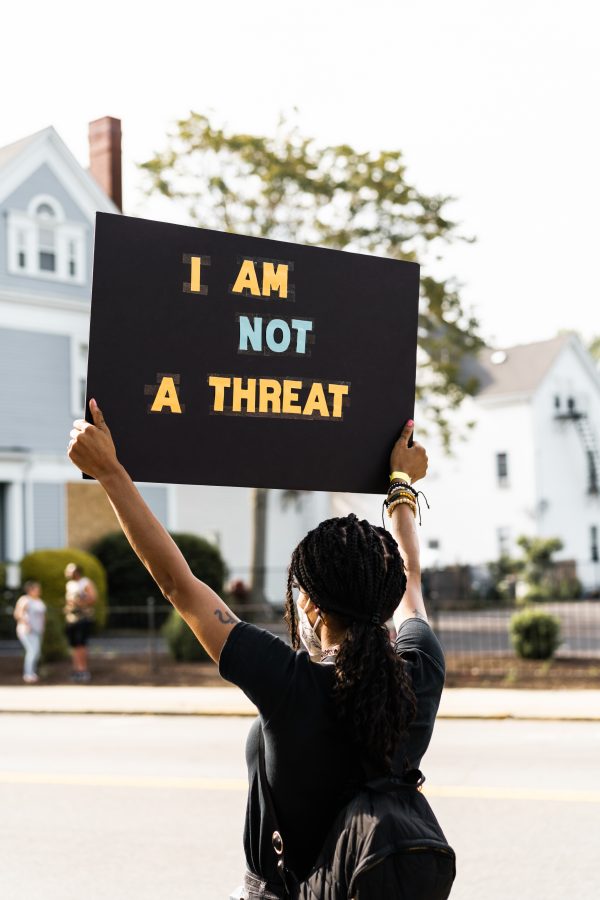Note: Interviews with students were conducted over the summer.
“To all faculty, staff, and students, I write to tell you that the state police presence on campus has ended,” said Interim Chancellor Katherine Newman to the community of the University of Massachusetts Boston in an email on June 4.
Leading up to Newman’s email, large groups of police automobiles used UMass Boston’s campus as a meeting ground before heading to control and monitor Boston events such as the Boston Marathon or President Obama’s arrival. Massachusetts State Police utilized the campus as an assembly location prior to controlling Boston Black Lives Matter protests.
Seeing large fleets of police on their campus intimidated students. As Newman stated in her email: “members of our majority-minority campus…felt unheard, offended, or frightened by the presence on campus of state police”. Newman responded to students’ complaints by banning state police from using the UMass campus.
Kaitlynn Castillo, a recent graduate of UMass Boston who still lives adjacent to campus, says the ban of police from the campus is overdue, but appreciated: “UMass Boston students often pride themselves in being on such a diverse campus—one that is a majority minority space—and, as we have seen throughout history and in recent events, police groups have not been the best ally to our many diverse communities. UMass Boston should have considered the fear, anger, and disappointment the students and maybe even faculty would feel knowing that these groups were gathering with such a huge presence on our campus; a campus with a goal that should be to make us feel safe and welcomed, not intimidated. The Chancellor acknowledging the action and banning the use of state police on our campus is appreciated, but I feel it was unfortunate that this happened only after so many students had already experienced the rollercoaster of emotions from seeing it on their social media accounts or witnessing it from their own homes at Harbor Point.”
Maura Driscoll, a rising UMass Boston sophomore, agreed with Castillo: “I feel pleased with the decision to ban the police from the UMass Boston campus. I was in total disbelief that a campus who prides itself on being diverse and inclusive would allow something like this to occur. It seemed as if they were siding with the enemy in a way, giving them a safe space to practice procedures intended to stand up to the reaction and protests of the community.”
UMass Boston’s Chief of the university’s police force, Officer Donald Baynard, is creating a new “Police Community Advisory Board” that will consist of both faculty and students.
Driscoll said she believes this board has “potential to be a good idea because it requires us to use a police force less but equip members of our community to get involved in solvable problems that don’t require a person with a gun.”
Will UMass Boston students feel more comfortable protesting for the Black Lives Matter cause, now that state police are no longer present on their campus? Castillo said yes, but adds that the University should aim even higher: “The ban does make the campus feel safer for BLM and other protests, but the true intention of the University should not only be to make us feel safe to protest these movements, but to feel safe being BIPOC every single day.”
So, what are students coming back to when we return to UMass Boston? A campus with no state police, and a board that plans to listen to students’ opinions when it comes to university police.





















































